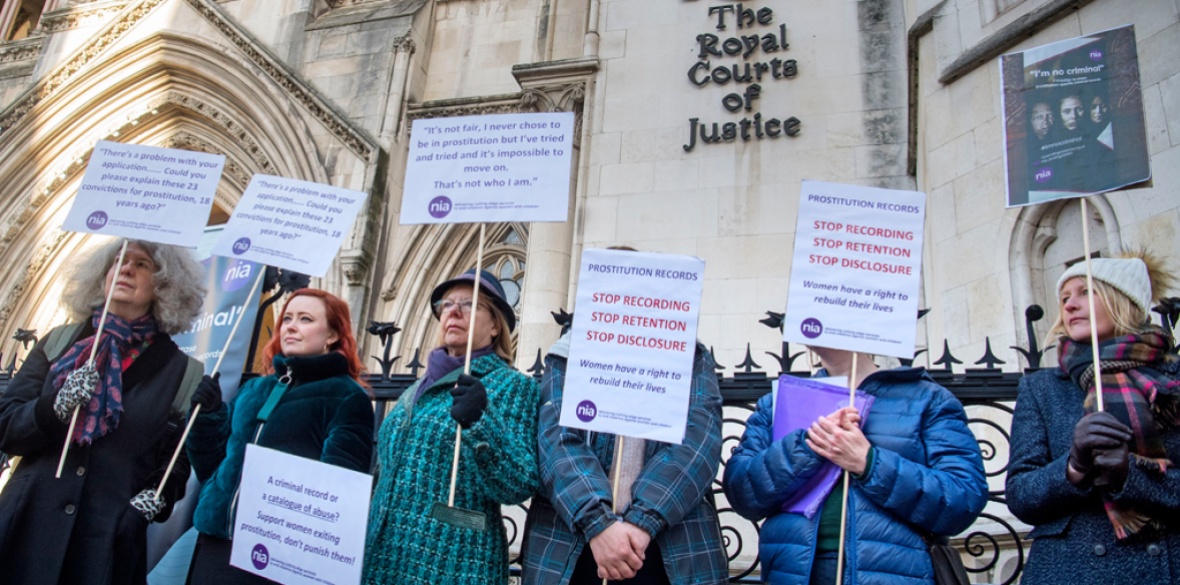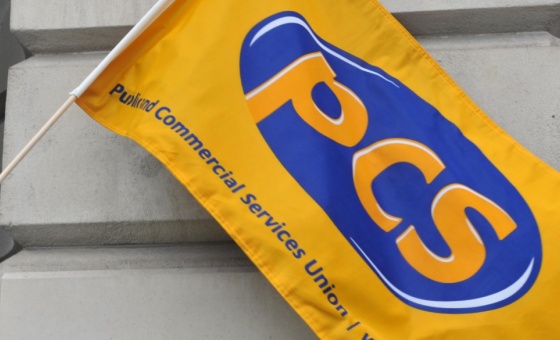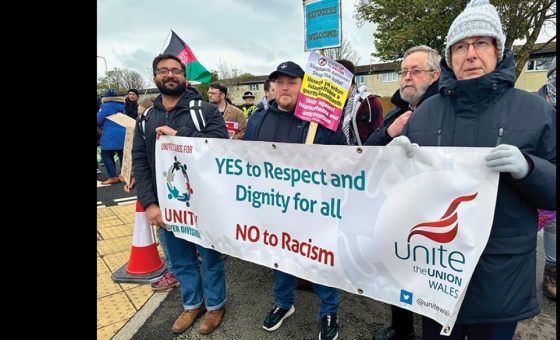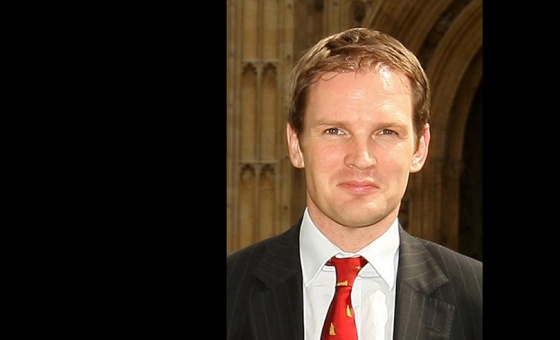This is the last article you can read this month
You can read more article this month
You can read more articles this month
Sorry your limit is up for this month
Reset on:
Please help support the Morning Star by subscribing here
A GROUP of former prostitutes have launched a ground-breaking High Court challenge, claiming that government policy criminalises victims of trafficking and abuse.
In the hearing, which began today, the women will argue that it is unlawful for past soliciting convictions to be stored and disclosed to potential employers.
They say it is discriminatory and breaches their right to a private life.
The applicants were all trafficked within Britain while under the age of 18 and forced into prostitution.
Campaigners say that although the women were victims of abuse, they currently have no entitlement to anonymity in the disclosure process.
One woman said she still had to explain her criminal record 20 years after leaving prostitution, while another claimed she was treated “like a sex offender.”
Fiona Broadfoot, who was forced into prostitution at the age of 15 after being groomed, said she was only 16 when police arrested and charged her for soliciting.
Now if she wants to work with children, she has to reveal her convictions from 30 years ago.
Ms Broadfoot said: “I was a victim. I was forced, I was beaten, I never profited. None of the men who bought me or sold me as a child, as a teenager, and as a young woman, have ever faced criminal charges.
“And we don't look into them as being a risk to our children and young people.”
If successful, the judicial review would result in the criminal records of the applicants being expunged.
Campaigners say it would also be a crucial step towards recognising prostitution as a human rights violation perpetrated by the pimps and punters.
The hearing is expected to end tomorrow.









